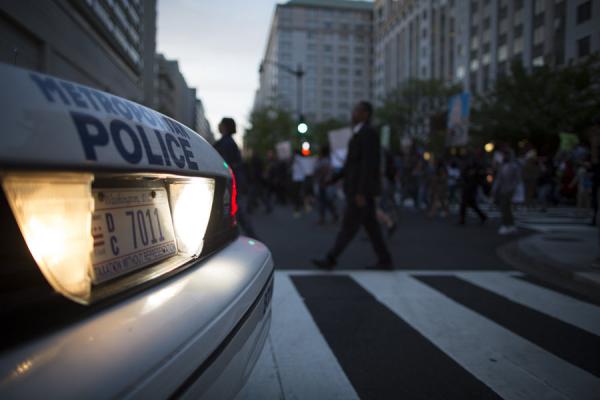May 1, 2015
On Monday night as I read and watched the unfolding news coverage of riots, my Facebook newsfeed bombarding me with posts both from activists and from folks who hated the rioting but didn't care about Freddie Gray, I thought about saying a prayer for peace.
I started to pray, but God interrupted me, in the words of the prophet Jeremiah:
"They have treated the wound of my people carelessly,
saying 'Peace, peace,' when there is no peace.
They acted shamefully. They committed abomination.
Yet they were not ashamed."
Was I the “they?”
Who are God's people here?
Read the Full Article

Already a subscriber? Login
